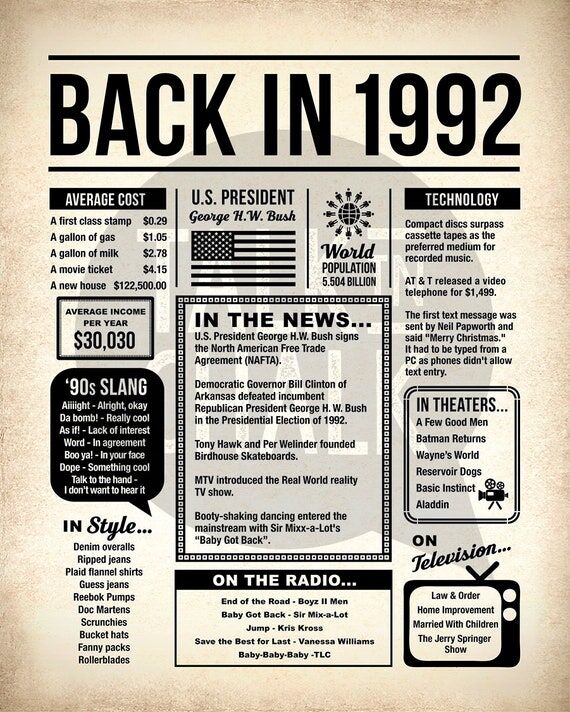WRITING for the spring 1994 issue of the Contemporary Pacific published in Hawaii, NMI educator and historian Samuel F. McPhetres noted that the “year 1992-93 was one that most residents would probably like to forget.”
Why?
“There were setbacks for the government, a serious blow to private enterprise, and social problems such as illegal drugs began to have a very serious impact on society,” he added. “Little that could be considered positive occurred.”
At the time, the party in power, the GOP, had fractured into factions. During a session on Sept. 25, 1992, some of the more prominent members of the Republican-led House of Representatives — including the speaker — talked about impeaching the Republican governor. The issue was CUC — specifically, the $5 million (worth about $9.9 million today) that the governor paid to Mitsubishi for the purchase of a new generator without legislative appropriation. The House members also opposed the governor’s decision to appoint his Civil Service Commission chairman as acting disaster control officer. This was illegal, the lawmakers said; under the law, commission members could not hold any executive branch position.
House members — Republicans and Democrats — said they were “disgusted” by the governor’s “defiance” of CNMI laws. One Republican member said the governor’s action was “tantamount to a government of complete anarchy. It defies all that we have learned about government.” He said impeachment would “rectify the [governor’s] nightmarish actions.” The day before, Sept. 24, 1992, another Republican lawmaker issued a subpoena duces tecum ordering the governor’s right-hand man who was also the CUC chief to produce all original checks drawn on CUC’s disbursement account from Jan. 1990 to May 1992. The CUC chief said no. The Republican chair of the House public utilities panel said the CUC should be cited for contempt.
On Sept. 26, 1992, just before dawn, someone fired an automatic pistol at the houses of three Republican House members who had openly discussed impeaching the governor. One of them told Variety he heard six gunshots. Another saw six bullet holes in the aluminum shutters of his garage. At the residence of the third House member, Variety reported that “several bullet holes could be seen” and seven empty shells “of what were believed to be nine millimeter automatic pistol bullets were recovered from the vicinity” of the lawmaker’s house.
On Sept. 28, 1992, the Republican House speaker said the shootings “strengthen[ed] our conviction to do what is right for our people.” He said 12 of the 18 House members could impeach the governor. “I believe we have the number to do this,” he added.
Asked for comment, the governor said: “I am willing to talk if they’re willing to talk.” The lt. governor said, “I do not intend to become governor.” A Republican senator said “next year [1993] is [an election] year…[and] may negate the need to impeach” the governor. He said there “seemed to be a falling out between the House and the executive branch, but…as far as I know, we [senators] do not have problems with the governor.” The Republican Senate president said the impeachment talks could be “politically driven.” A Democrat senator told Variety: “The way I see it, this move is but a political act meant to boost their political careers,” referring to the Republican House members who wanted to impeach the governor. A House Democrat agreed. He was a member of the House impeachment panel, but he said he didn’t know what was going on because the issue had become a Republican Party matter.
The House panel would later conclude that even though the governor “violated certain provisions” of the law, there were no sufficient grounds to impeach him.
The following year, the House speaker became the running mate of the then-Republican Washington representative (who was the brother-in-law of one of the pro-impeachment House Republicans). The WashRep ran against the governor in the GOP primary. It was a hard fought contest. On Saipan the WashRep received 2,080 votes while the governor garnered 2,073. But the governor topped Tinian (150 to 124), and won in a landslide on Rota, 702 to 68. It helped, of course, that his running mate, the lt. governor, was from Rota. The WashRep said he would support the primary winner — right — but he added that he lost because his opponent “resorted to stirring public sympathy on issues that are of no bearing to the future of the CNMI.” The lt. governor’s wife had recently passed away. The WashRep, Samuel F. McPhetres wrote in 1994, was “thought to be the golden boy of the reformers in the CNMI.”
As for the Democrats in 1993, they were, for the first time in a long time, united. And they were tired of losing a gubernatorial election.
Send feedback to editor@mvariety.com












